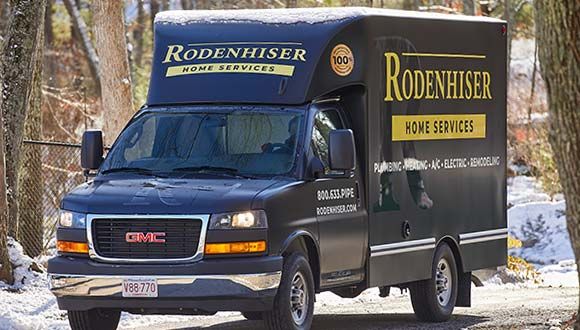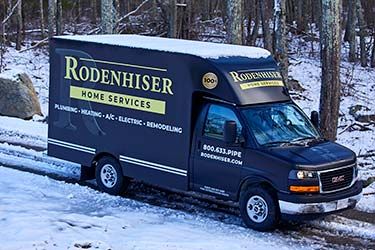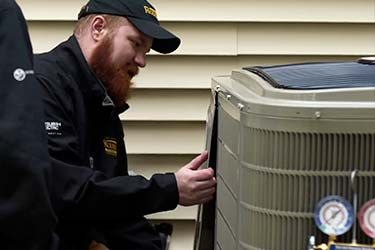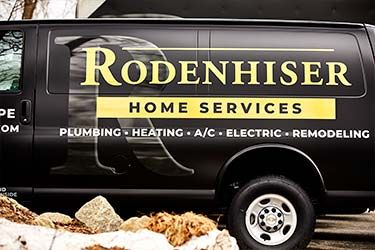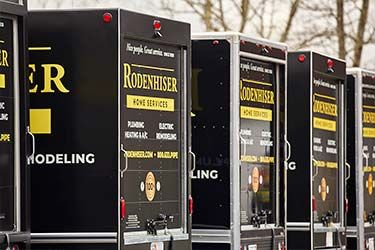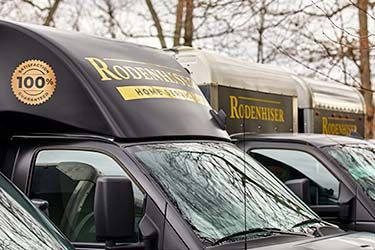
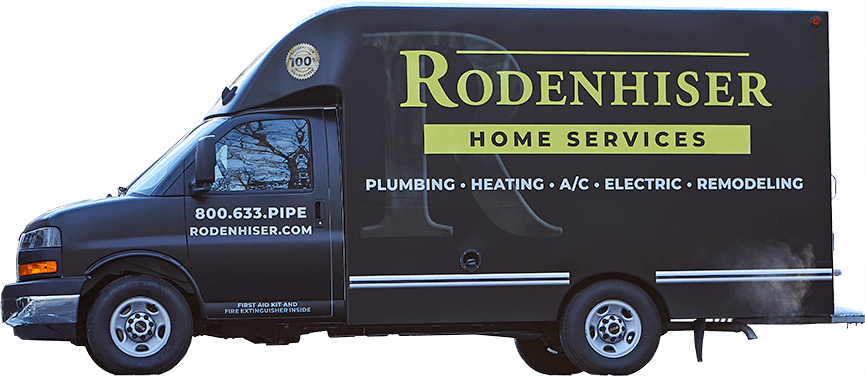
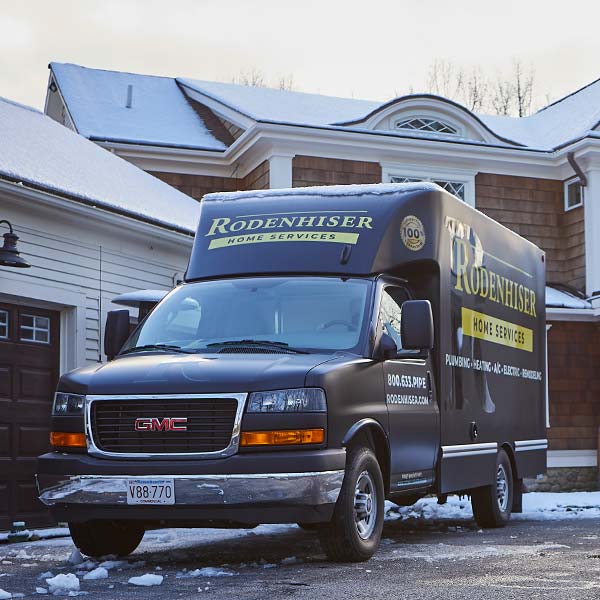

If your HVAC equipment needs to be replaced, considering heat pump options might help you find a system that offers both convenience and energy savings. The options include air-source, ground-source and absorption heat pumps. All heat pumps operate on the same principle of moving heat energy instead of generating it.
Heat pumps are rated for both cooling and heating efficiency. The minimum cooling efficiency rating stands at 13 SEER (seasonal energy efficiency ratio) and 7.7 HSPF (heating season performance factor). In our cold-winter climate, it probably makes more sense to prioritize HSPF when shopping for a heat pump.
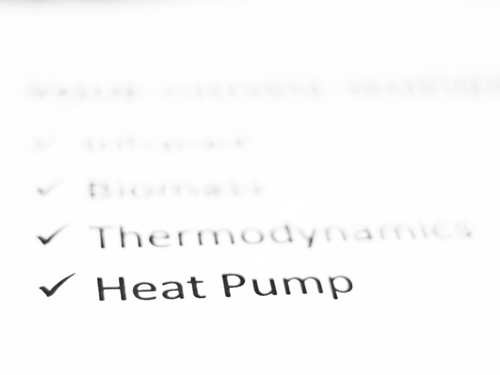
Characteristics of the three heat pump varieties include:
These use the air as the medium for heat transfer. In the winter, they extract the heat from the air outdoors, and using refrigerant, carry heat energy inside to be extracted for indoor heating.
In the cooling mode, they use a reversing valve to switch the refrigerant flow. Heat is absorbed from the inside air as a fan blows across the evaporator coil, which creates cooler air inside. Refrigerant removes the heat energy outside to be released into the air. These heat pumps can lose efficiency when the outside air gets cold, though they typically have backup heating elements that kick on when the temperatures fall below freezing.
Also referred to as geothermal systems, these are the most energy efficient of all the heat pump options because they use the stored solar energy underground to extract or deposit heat. Temperatures below the frost line are much warmer in the winter and cooler in the summer, which contributes to their efficiency. Ground-source heat pumps use a loop field with a life expectancy is 50 years or more. The rest of the heat pump sits inside and with routine maintenance can last 25 years or more. Ground-source systems don't use an outdoor condenser, making them exceptionally quiet.
Used primarily in commercial buildings, these are now available for homes larger than 4,000 square feet, according to the U.S. Department of Energy. They're good choices for homes off the grid because they use natural gas, propane or solar as the energy source.
To explore more heat pump options in the Route 495/128 area of Massachusetts, please contact us at Rodenhiser Plumbing, Heating & Air Conditioning.





Both Alex and Patrick were knowledgeable, courteous, and professional. They made a change that might have solved the recent problem and have structured a more complete solution. We agreed to this...
Mike was thorough, thoughtful and considerate. Covered their shoes before entering, surveyed my issue and provided an explanation of the services and costs. Great Job!
Alex did a great job providing an explanation of the services provided and went out of his way to offer assistance/advice on other issues outside of our scheduled maintenance visit.
Brian did an excellent job inspecting our 18-year old boiler and replacing some of the accessory hardware that needed it, he also adjusted the outgoing hot water settings for our radiators and...
Rodenhiser is my one stop shop!!! They take care of my HVAC, electrical, and plumbing issues & are always helpful addressing any questions I may have about the systems in my house! Everyone...
Chris G. and Nick V. showed up bright and early at 8am to fix my water heater issue. They were on time, polite and were able to fix an issue that has been plaguing my house for a good year. They...
When you are looking for plumbing, electrical, heating or air conditioning in the Route 495 / 128 area, you will be delighted that you called Massachusetts' trusted choice since 1928.
With a total dedication to professional workmanship and excellent service, discover why families and businesses continue to trust Rodenhiser after generations of service
